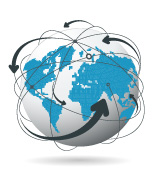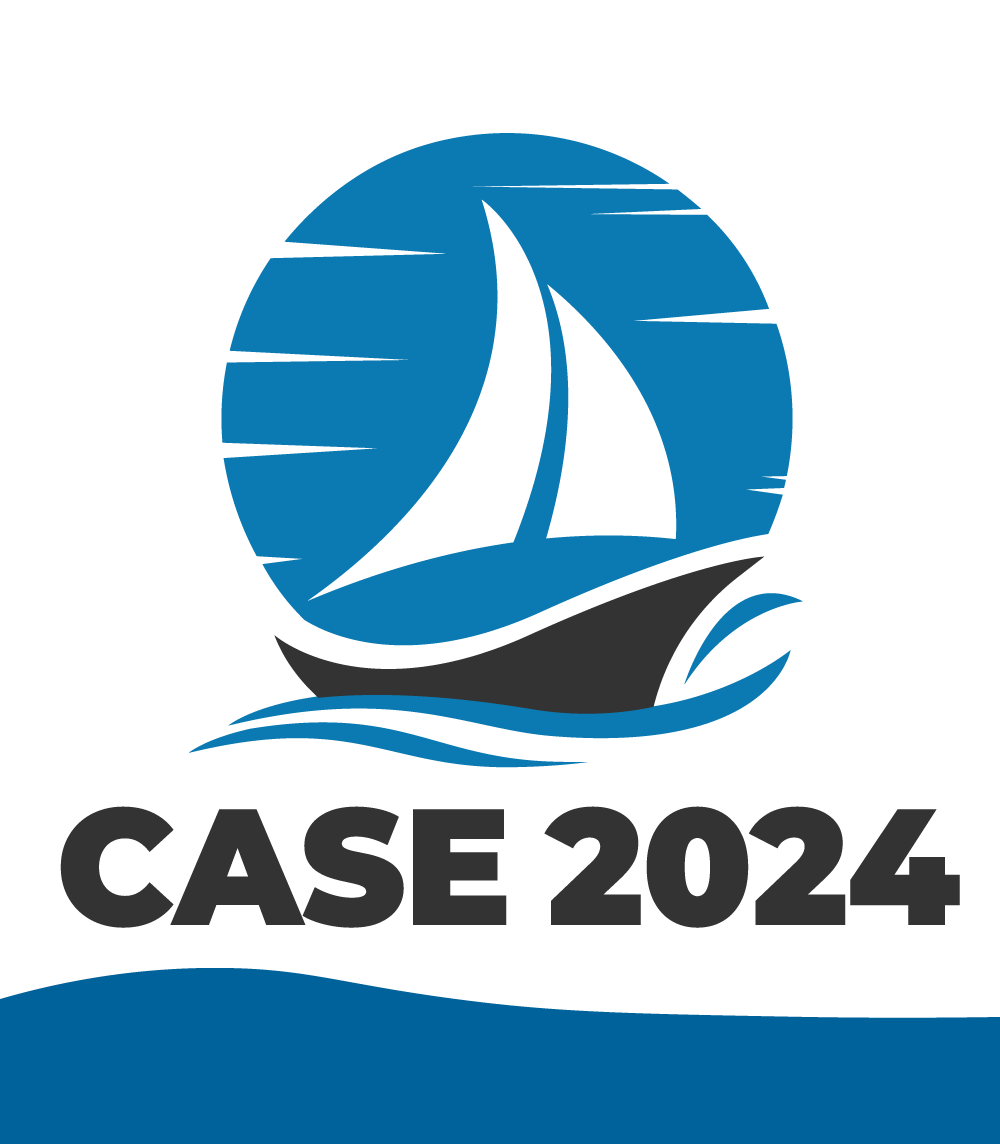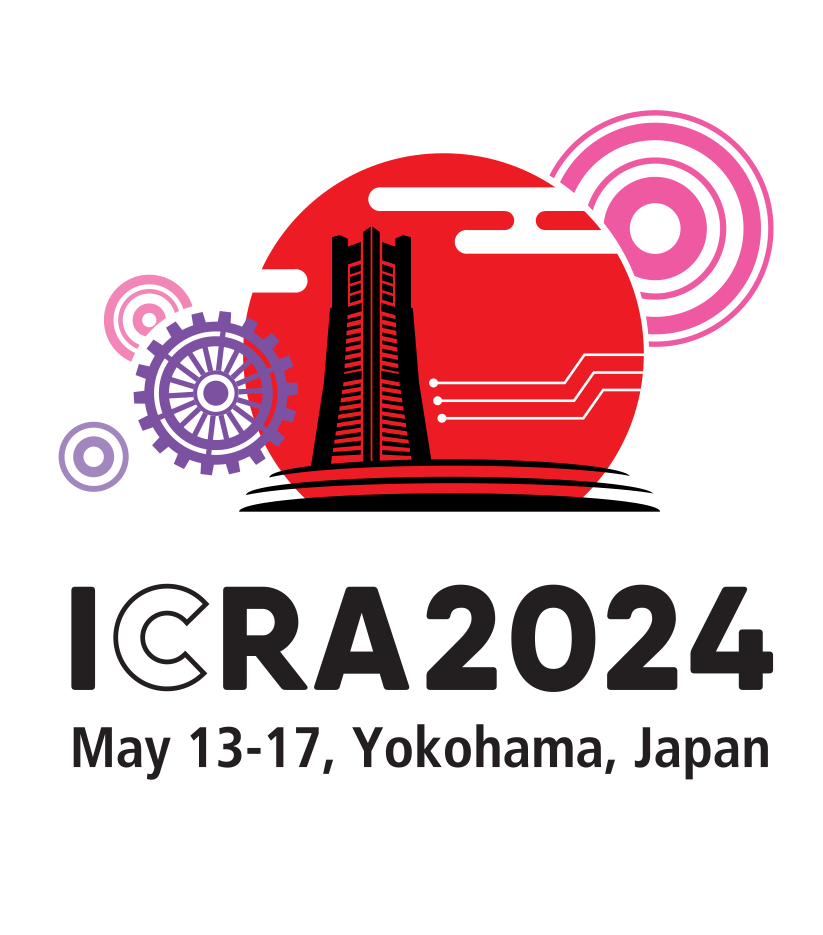Special Issue on Marine Robots
In recent years, the development of marine robots has significantly influenced ocean exploration and exploitation. With the help of marine robots, people can undertake various tasks in ocean environments that are dangerous for humans to stay in. The potential for what marine robots can achieve is much more. Marine robots can sense and autonomously adapt to the complicated ocean environment and to work more efficiently and intelligently. By integrating recent scientific and technological advancement, including biomimetic technology, new materials, and advanced artificial intelligence methods, marine robots could be more powerful in exploring the ocean environment and enabling a new range of tasks, e.g. to study marine life in their natural habitats. To fully tap the marine robots’ potential, it is crucial to increase the level of autonomy and intelligence. However, the hydrodynamics around marine robot as well as the complex and uncertain natural environment bring great challenges. While extensive research has been done on autonomous and intelligent marine robots, significant new joint efforts are needed to accelerate the progress from laboratory conditions to the real world.
This special issue aims to promote marine robots closer to the broad real-world application by presenting up-to-date results and novel technologies that have practical potential, where design, perception, learning, control, and coordination as intertwined and complimentary aspects will be discussed in depth. By presenting the achievement and future opportunities in this multidisciplinary research area that crosscuts robotics, perception, biomimetics, materials, and AI, this special issue will have a great impact on the robotics and automation research community.
We welcome submissions from all related topics in academic research and industry, including but not limited to the following:
- Mechanical design of marine robots
- Perception, localization, and navigation of autonomous marine robots
- Control and coordination of marine robots
- Learning in marine robots
- AI methods customized for marine robots
- Biomimetic underwater robots
- Bioinspired perception, learning, control, and swarm for underwater robots
- Design, optimization, and control of soft underwater robots
- Autonomous underwater manipulation
- Animal-robot interaction in underwater robots
- Real applications, use case scenarios, and publicly available underwater datasets
- Multi-modal sensor fusion and unconventional sensors in underwater scenarios
- Domain adaptation and synthetic data generation methods for underwater environments simulations
- Future research problems and trends
Important Dates
April 1, 2023- Call for papers
July 15, 2023 - Submission deadline
September 15, 2023 - First decision to authors
October 30, 2023 - Resubmission
December 1, 2023 - Final decision
December 15, 2023 - Final manuscripts upload
December 20, 2023 - Guest editorial due
March 2024 - Publication
Guest Editors
 |
Prof. Chen Wang Peking University, China wangchen@pku.edu.cn |
 |
Prof. Ming Cao University of Groningen, The Netherlands m.cao@rug.nl |
 |
Prof. Junzhi Yu |
 |
Prof. Guangming Xie |
 |
Prof. Derek A. Paley |
 |
Dr. Corina Barbalata |
 |
Prof. Stefan B. Williams |







